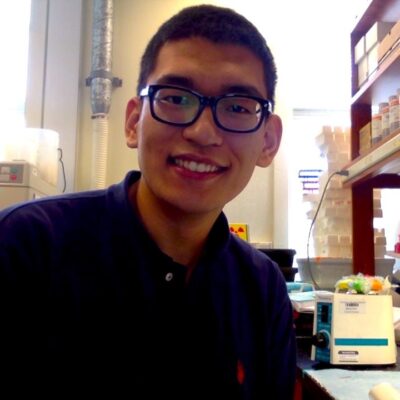Charles Li Rose Hills
Evaluating the Toxicity of Flame Retardant Compounds to Human Kidney Cells
Flame retardants are a diverse group of chemicals designed to slow down or prevent the spread of fire. Exposure to these compounds, however, is associated with adverseand often irreversibledevelopmental, reproductive and carcinogenic consequences. Despite the prevalence of flame retardants in the furniture, electronics, and clothing industries, little is known about their mechanisms of action at the cellular and molecular level. This project serves to define the chemical effects of flame retardants in classic human cell culture models. The first part of this endeavor will evaluate the toxicity of major categories of flame retardant compounds (organohalogens, organophosphorus, mineral-hydrates, borates, and retardant synergists) to human kidney cells. Kidney tissues are most susceptible to damage caused by flame retardants because they concentrate and eliminate bodily toxins from the bloodstream. In this study, both single compounds and combinations of multiple flame retardants will be tested to observe for different mechanisms of toxicity that arise from synergistic effects. The second part of this project aims to determine whether specific chemical countermeasures (e.g. antioxidants, metal chelators, and anti-apoptotic agents) have measurable roles in the prevention or reversal of toxicity in kidney cells that have been exposed to flame retardants. Collectively, the two parts of this undertaking should help illuminate mechanisms of toxicity and set the foundation for future studies that explore treatment options for illnesses caused by these pervasive compounds.
Message To Sponsor
Biology is fascinating because it can be studied at so many scales and yet remain interconnected in meaningful ways. As someone who wishes to continue pursuing biomedical research at the graduate level, this project interests me not only for its investigation into the fundamental mechanisms that drive cellular toxicity but also because it originates from a broader challenge that is situated in a consumer safety and public health context. This summer, I am hoping to contribute to a body of knowledge that enables a fuller understanding of how common industrial chemicals impact our health and wellbeing. I would like to express my deepest thanks to the Rose Hills Foundation for allowing me the chance to devote myself to this incredible learning opportunity and my mentor, David Killilea, for his everlasting support and guidance.